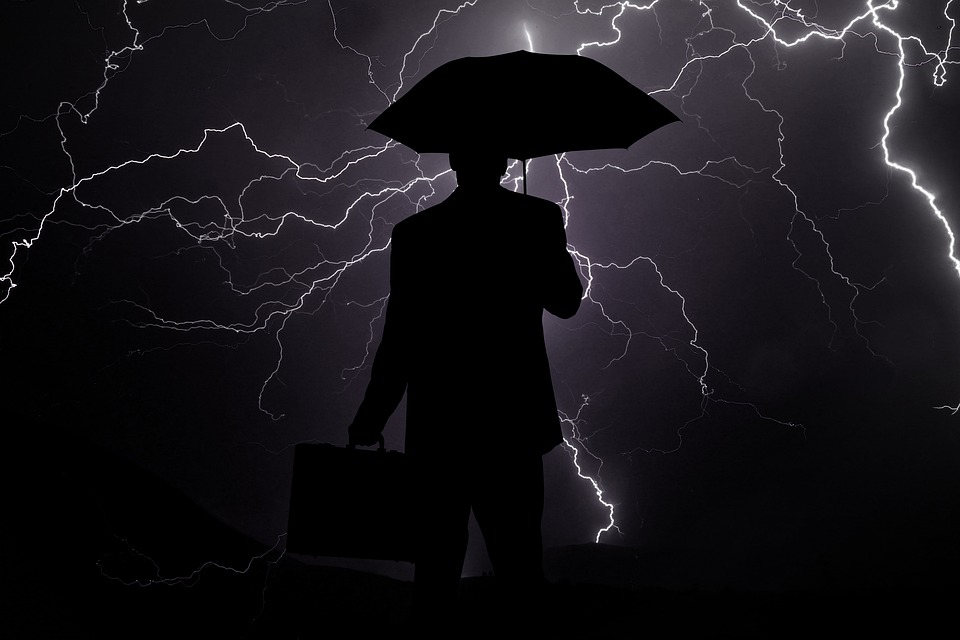Why losses seem more significant to human than gain?
Think about how good your mood is today - on a scale of 1-10. Two questions: First, what would maximize your joy in life - up to 10? Maybe your holiday house outside the country, which you have been secretly dreaming of for a long time? Or climbing the corporate ladder to the next rung? Secondly, why could your life deteriorate - by the same number of points at least? Illness, depression, a dirty spot on your impeccable reputation, financial ruin, the loss of your best friend? You can see for yourself: the "dark side" is clearly broader than the "light."
There is more bad than good in the world.
It is not surprising that losses seem to us more significant than gains. If you lost 100 euros, it would take more of your joy than if you were given 100 euros. It has been proven empirically that a loss is perceived to be about twice as heavy as a gain of the same magnitude. Science calls this aversion to losses (loss aversion).
When you want to convince someone of something, let your reasoning be directed not at the expected gain, but at how to avoid possible losses.
Fear of a possible loss motivates people much more than the thought of a possible gain of the same magnitude. Let's say you supply security equipment for homes. Customers will be more interested in your offer if you tell them how much money they can lose without installing a proper security system and do not dwell on how much they will save with good security even if the amount is the same.
Risk often overshadow gains
Company employees (at least when they bear personal responsibility and are not subject to "group thinking") are more often afraid to take risks. They are more willing to take a wait-and-see attitude, but the bottom line is: why take a risk if it brings a nice bonus at best, and may cost you your place at worst? In almost all companies, and in almost all cases, the risk of career ruin outweighs the potential gains.
If you’re a leader and are unhappy that your people don’t have the courage to take a risk, then you now know the reason. This is due to the loss of aversion that we all have.
This is @benie111
I would like to hear from you. Do you have contribution or comment? Do well to drop them in the comment section.

Well said,this is so true - Typically, fear of the risk of doing something before implementing it destroys many possibilities. Thanks for your good words.